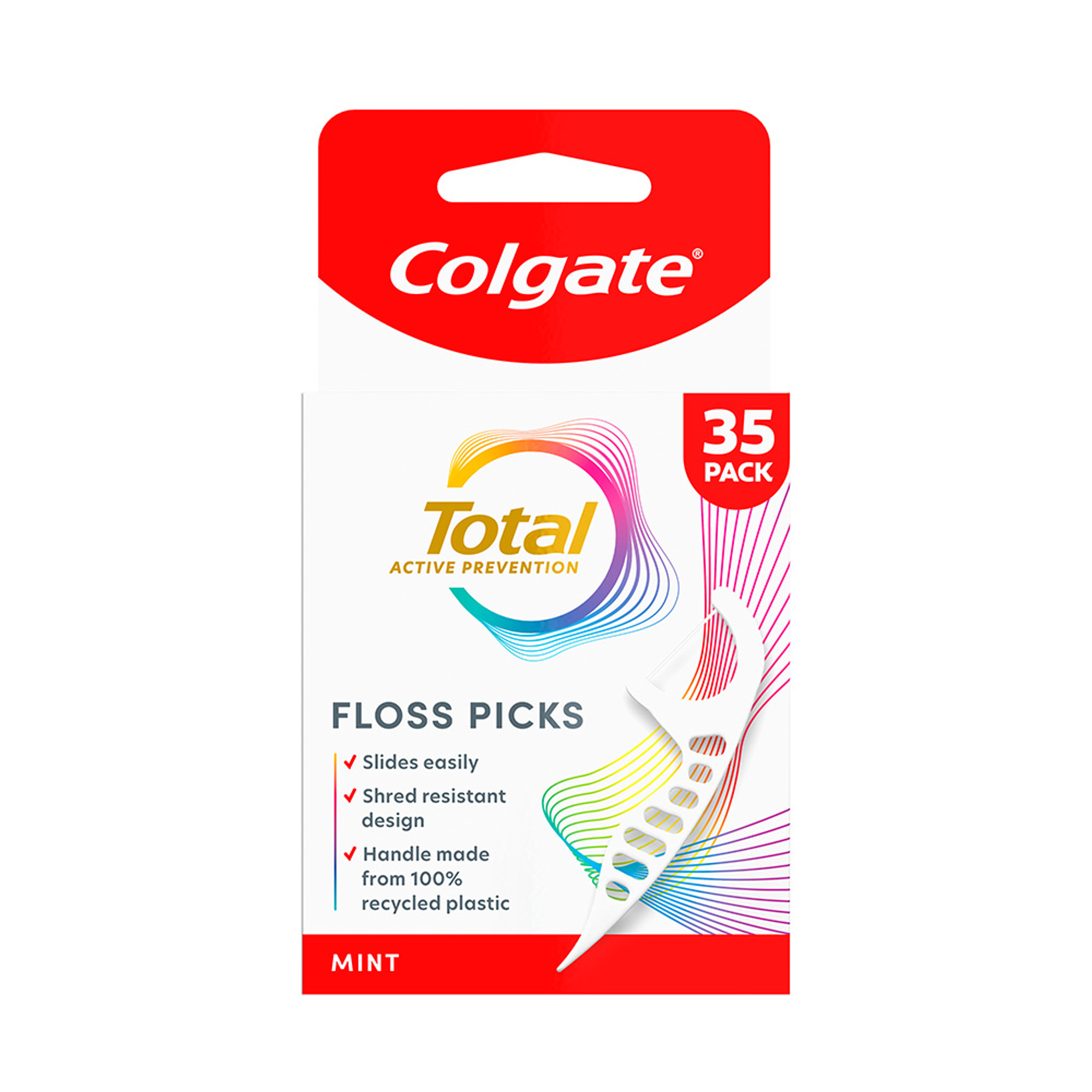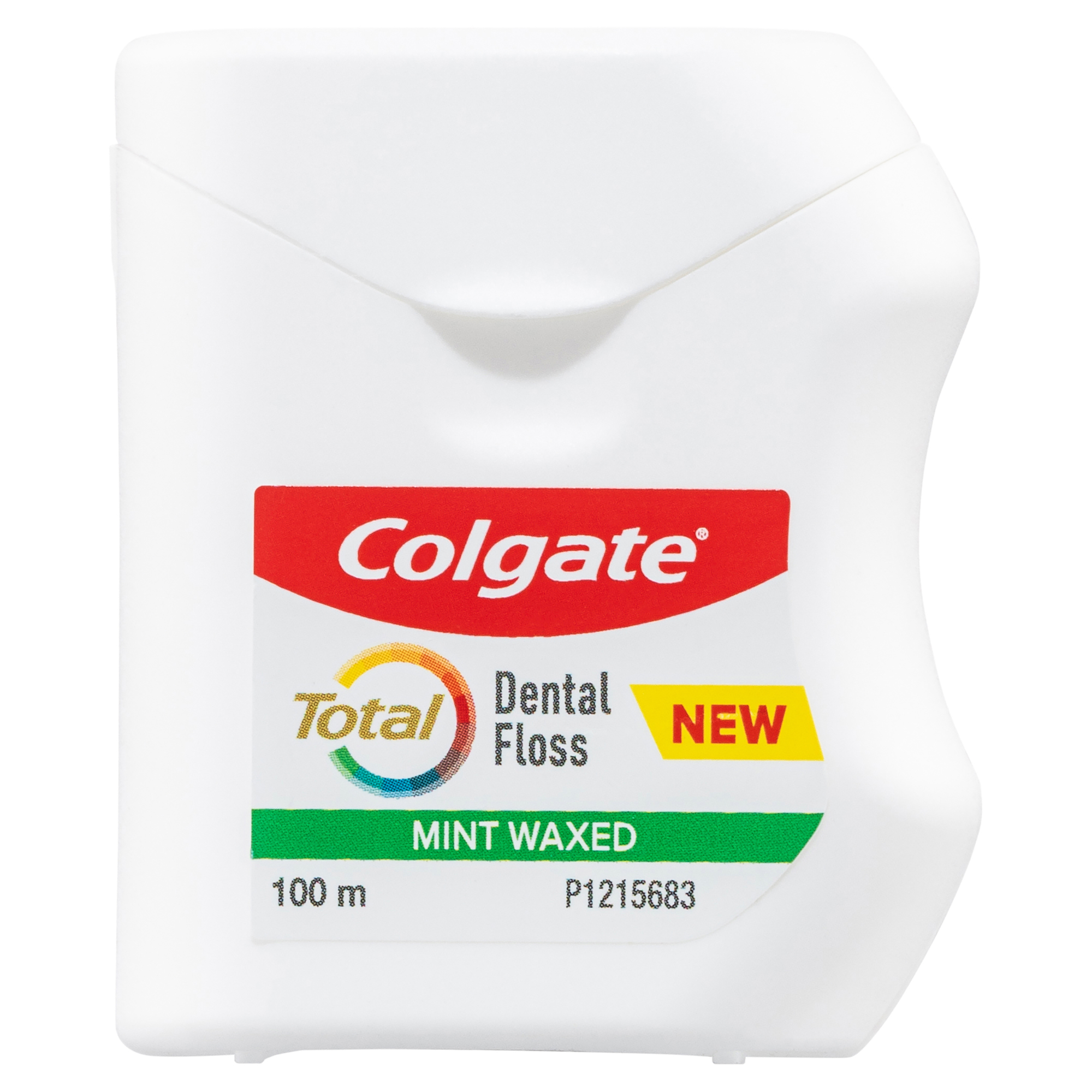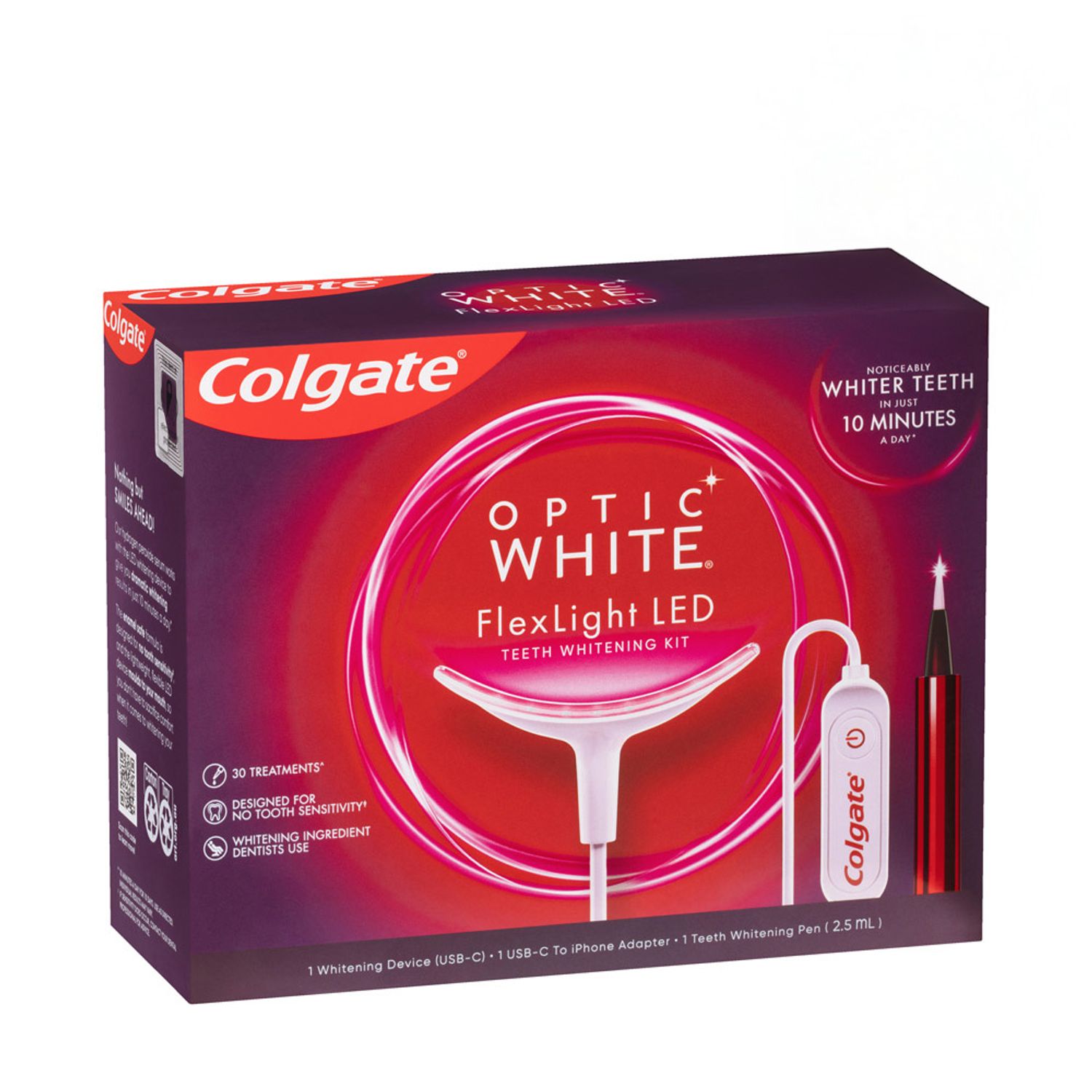Sadly, although cavities are largely preventable, they are prevalent. You can develop cavities on any part of your tooth and on any one of your teeth — even your wisdom teeth (providing you have them). However, the treatment of a wisdom tooth cavity is often a little different. Here’s what you need to know.
Cavities in your wisdom teeth are possible
Many people don’t think that much about their wisdom teeth, aka third molars. This might be because many of us no longer have our wisdom teeth, as they are often removed in our late teens or early 20s.
A common reason dental professionals recommend taking out our wisdom teeth is that they often cause trouble. The third molars are the last teeth to arrive on the scene. According to Better Health Channel, wisdom teeth erupt between the ages of 17 and 21 years, if they come through at all. However, here lies the problem: people typically have 28 other teeth in their mouth by that age. In many cases, there’s no room for wisdom teeth, so they push through at an odd angle (rather than straight), and get stuck in the gum tissue or bone and become impacted.
An impacted wisdom tooth is more likely to get a cavity than a fully erupted tooth. Food and bacteria can get stuck between a wisdom tooth and its neighbouring tooth, causing decay and cavities, states Better Health Channel.
Wisdom teeth may also develop cavities as they can be more challenging to clean. It can be quite tricky to reach the back of the mouth with a toothbrush or piece of floss.
What to do if you have a wisdom tooth cavity
Suppose you develop a cavity on any tooth other than your wisdom tooth. In that case, your dental professional will most likely recommend filling the cavity to restore the tooth. Depending on the extent of the decay, you might even need root canal (endodontic) treatment to restore the tooth, healthdirect explains.
With a wisdom tooth cavity, though, it’s a slightly different story.
According to healthdirect, if your wisdom tooth is impacted and causing problems, such as cavities or recurrent infections, your dental professional will likely recommend extraction. Although, if your wisdom tooth isn’t suffering any such issues, your dental professional may still recommend extraction, depending on the condition and placement of the tooth.
You may wonder: are wisdom teeth cavities ever restored? The answer is yes, sometimes they are. If your wisdom teeth have fully erupted in your mouth and aren’t stuck in the gums, your dental professional may be able to fill and restore the tooth just like any other. That’s why it’s essential to have regular checkups, so your dental professional can assess the health of all your teeth and detect any cavities.
Should you keep your wisdom teeth?
If you still have your wisdom teeth, they don’t have any cavities, and your dental professional hasn’t recommended extracting them, you may think, can I keep them? If you’re unsure or concerned, ask your dental professional at your next checkup. Your dental professional might recommend leaving the teeth alone if they aren’t causing any issues. Instead, they are likely to continue monitoring your wisdom teeth closely during your dental visits, as cavities and other problems may present later.
However, if your wisdom teeth haven’t erupted properly, your dental professional might recommend removing them. They’ll discuss your options for wisdom tooth removal with you and let you know what to expect during the procedure. And if you do develop a wisdom tooth cavity, rest assured your dental professional will help you find the right solution to keep your mouth healthy, happy and safe from infection.
This article is intended to promote understanding of and knowledge about general oral health topics. It is not intended to be a substitute for professional advice, diagnosis or treatment. Always seek the advice of your dentist or other qualified healthcare provider with any questions you may have regarding a medical condition or treatment.














